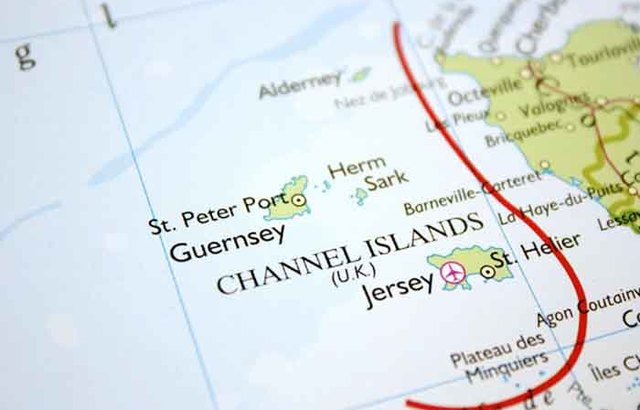Jersey’s highest appeal court, the Judicial Committee of the Privy Council, has handed down its judgment in three appeals arising from the same dispute over the scope of two freezing orders granted by the Royal Court of Jersey, according to STEP.
Two of the appeals were brought by HM attorney general Mark Temple KC against judgments of the Jersey Court of Appeal. The third appeal was brought by Robert Tantular and his family members against a judgment of the Jersey Court of Appeal.
Temple won all three appeals. The hearing took place in London in February this year. Tantular was convicted of fraud and money laundering.
The case began in 2013 when Tantular was the president director of two companies that owned shares in Indonesian bank Bank Century. He was convicted of fraud and money laundering offences in Indonesia, which were upheld by the Indonesian Supreme Court, following the collapse of Bank Century. In 2004, Tantular had created the Jasmine trust by settling assets on its trustee in Jersey.
In 2005, a holding company of the trust had bought an apartment in Singapore for S$7.1m (£4.22m, $5.28m, €4.91m). Tantular’s wife and children lived in the apartment. It was mortgaged to Credit Suisse for around S$4.4m when the first freezing order was applied for and granted by the Royal Court in 2013. A second freezing order was granted by the Royal Court in 2014.
The three appeals
The first appeal, brought by the Tantular beneficiaries of the trust related to whether freezing orders could be made in relation to property based outside Jersey. The Tantular beneficiaries argued that the Jersey Court did not have jurisdiction to do so. The privy council board agreed with the judgment of the Court of Appeal on this point, and with the judgment of the Royal Court.
The second appeal, brought by Temple concerned whether the Court of Appeal was right to grant a declaration that Credit Suisse as the holder of the mortgage over the apartment in Singapore was entitled to assign its rights under that mortgage to a third party.
In 2018, Credit Suisse had been granted a variation to the freezing orders to allow it to sell the apartment in Singapore. Members of Tantular’s family had then applied for a declaration that the freezing orders did not prevent Credit Suisse from assigning its rights under the mortgage to a third party.
STEP said that the family also proposed that the rights be assigned to an old family friend in Indonesia who would pay off the debt to Credit Suisse, and would be more flexible about repayment of the loan, allowing them to stay in the apartment. The Royal Court had refused to grant the declaration, but following an appeal by the Tantulars, the Court of Appeal had granted it.
The privy council board disagreed with the decision of the Court of Appeal on the grounds that the proposed assignment to the old family friend could have aided or abetted a breach of the freezing order and would have permitted a transfer that interfered with the administration of justice. The board found that the differences between Credit Suisse, as a regulated global financial institution acting at arm’s length to the Tantulars, and the old family friend who was an unregulated individual “could not be more clear cut”.
Temple also brought the third appeal, on the grounds that a costs order made by the Court of Appeal was contrary to the regime for providing effective mutual legal assistance to foreign states. The board held that the Court of Appeal fell into error in making the costs order. Temple has now begun to negotiate an asset share agreement with Indonesia. The net assets available are £1.325m ring-fenced in the Criminal Offences Confiscation Fund.
Temple said: “The judgment of the board of the Judicial Committee of the Privy Council is significant and helpful in clarifying important aspects of Jersey’s financial crime legislation.
“It provides confirmation at the highest appellate level concerning the Jersey courts’ jurisdiction to freeze and confiscate the proceeds of crime in an effective way where the Attorney General receives requests for assistance from foreign governments. While the case has taken 10 years to reach a conclusion, it shows the extent of the Law Officers’ Department’s commitment to defending Jersey’s reputation for tackling international financial crime.”








